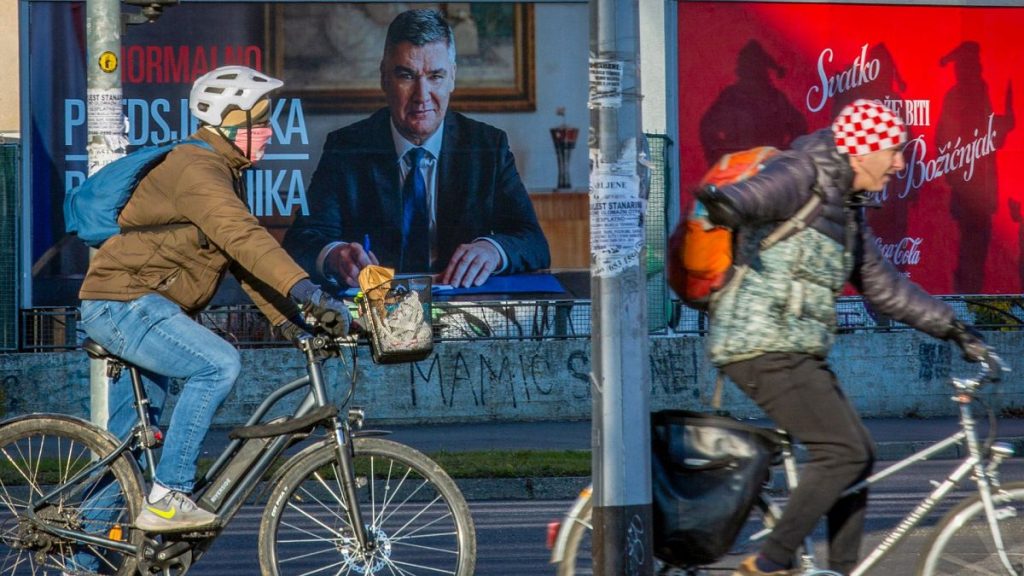The upcoming presidential election in Croatia features the incumbent, Zoran Milanović, facing off against a range of contenders, including candidate Dragan Primorac backed by the centre-right government. Milanović, a former prime minister and considered the most popular politician in the country, is seen as the frontrunner, but a runoff is likely as none of the candidates are expected to secure over 50% of the vote in the first round. The election has been marked by clashes between Milanović and Prime Minister Andrej Plenković. The HDZ party has endorsed Primorac, who presents himself as a unifier, contrasting his campaign with Milanović’s polarising rhetoric.
Despite the mainly ceremonial role of the Croatian presidency, it holds political authority and includes commanding the military. Milanović, known for his populist views and opposition to Western support for Ukraine, advocates for Croatian neutrality, while Primorac stresses the country’s alignment with the West. Milanović’s critics are concerned about his tendency to make controversial statements that could impact Croatia’s standing as a successful EU member. The incumbent president’s reelection has the potential to balance the ruling party’s dominance, according to political expert Anđelko Milardović.
In addition to Milanović and Primorac, other key contenders in the election include Marija Selak Raspudić, a conservative independent focusing on economic issues, population decline, and corruption. Ivana Kekin, representing the left-green Možemo party, emphasizes herself as a candidate for a new generation and criticizes Primorac and HDZ for alleged fund diversion from the health system. While four more candidates are in the running, none are expected to advance to the second round of voting. The election is particularly crucial as Croatia stands as the last former Yugoslav state to join the EU and has made significant progress in its EU membership since 2013.
The election is seen as a defining moment for Croatian politics, with the clash between Milanović and the centre-right government taking center stage. While Milanović’s populist rhetoric has garnered support, it has also drawn criticism for its controversial nature. The outcome of the election will determine the country’s direction, particularly in terms of its foreign policy stance and alignment with the West. The high voter turnout expected for this election signifies the significance of the decision facing Croatian citizens and the potential impact on the country’s future.


